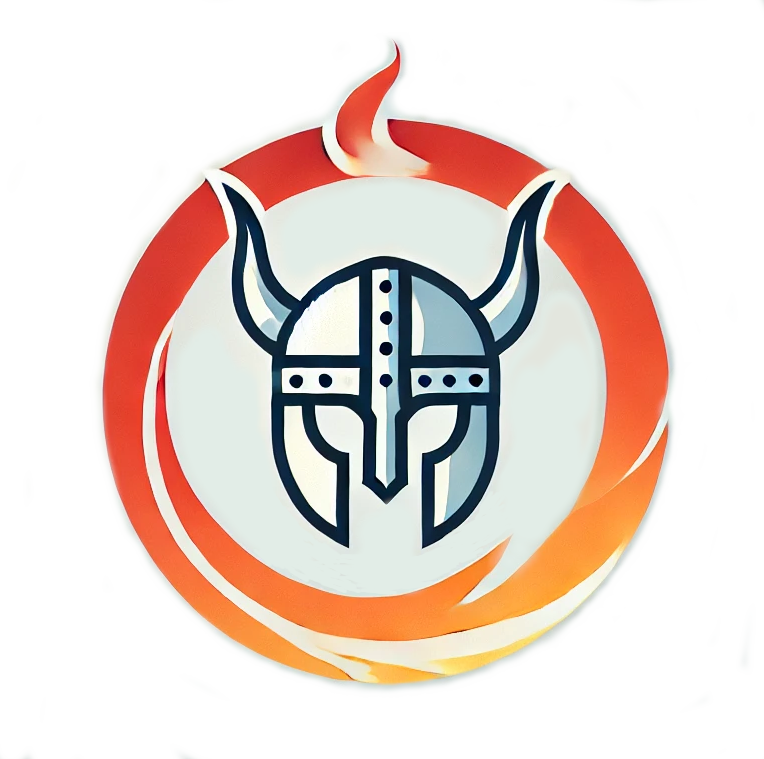Fostering Innovation and Collaboration in Blockchain Developer Communities

Introduction
In the rapidly evolving landscape of technology development, it is increasingly critical to balance the objectives of producing safe, reusable code with ensuring proper attribution for value generation. Developer communities often face challenges with practices like copying code without credit or distributing only compiled source code. Both practices can stifle innovation and hinder true collaboration. In this post, we will explore how the benefits of open-source software can be maximized within a cooperative blockchain community. By allowing developers to set and enforce community rules and incentivize positive behaviors in a decentralized setting, we can create a more sustainable and collaborative environment for development.
Challenges in Developer Communities
Developer communities often face challenges such as copying code without credit or distributing only compiled source code. Notable examples include GitHub developers accusing large companies of using their open-source projects without attribution, and ElasticSearch and Redis Labs altering their licenses due to misuse by cloud providers.
These issues arise because companies sometimes leverage open-source code for their commercial products without contributing back to the community. This practice, known as "strip mining" open source, can deplete the pool of active contributors and reduce the incentive for developers to share their work freely. For instance, large cloud providers have been known to offer open-source software as a service without sharing improvements or profits with the original developers. This exploitation can lead to license changes and stricter enforcement to protect the interests of open-source projects and maintain their sustainability.
In the blockchain space, the Bitcoin Cash fork led to disputes over appropriation of the Bitcoin name. The fork resulted in two separate blockchains, causing confusion and fragmentation within the community. This division undermined the sense of unity and trust, as developers and users had to choose sides, which diluted the collective effort and resources that could have been used to improve the original Bitcoin network. Such disputes can erode the community's trust in the project's leadership and vision, making it harder to achieve consensus and collaborate effectively.
Meanwhile, the closed source nature of many apps on Solana has sparked debates over the nullification of the benefits of decentralization. Solana, known for its high throughput and low transaction costs, has attracted many developers. However, the decision by some developers to keep their applications closed-source contradicts the decentralized ethos of the blockchain space. This practice limits transparency, as users cannot verify the integrity of the code or ensure that it aligns with community values. It also restricts collaboration and innovation, as other developers cannot build upon or improve the closed-source applications. These practices undermine the principles of transparency and community trust that are foundational to blockchain technology. Such issues highlight the need for frameworks that both protect intellectual property and foster a collaborative and innovative development environment.
Impact on Value Generation
In addition to impacting innovation, these challenges significantly affect the ability for developers to create value from their efforts. When developers' work is used without proper credit, it devalues their contributions, discourages innovation, and encourages publishing as closed-source. For example, the Heartbleed bug in OpenSSL, an open-source project, revealed severe vulnerabilities that resulted from underfunded and undervalued critical security contributions. The incident led to a push for better funding and recognition of open-source contributors, exemplified by the creation of initiatives like the Core Infrastructure Initiative (CII), which aimed to provide financial support and resources to vital open-source projects.
Additionally, the case of MongoDB changing its license to the Server Side Public License (SSPL) to prevent cloud providers from offering MongoDB without a commercial license demonstrates the importance of protecting the value creation for original developers and contributors. The SSPL requires that if a company offers MongoDB as a service, they must open-source their service's management code, ensuring that the original developers benefit from their work.
Blockchain's Role in dApp Development
Blockchain technology is uniquely positioned to address these challenges and contribute to improved solutions for dApp development. By allowing developers to set and enforce community rules and incentivize positive behaviors in a decentralized setting, blockchain technology can create a more sustainable and collaborative environment for open-source blockchain development.
For example, smart contracts on blockchain platforms can automate the enforcement of licensing agreements, ensuring that developers receive attribution and compensation automatically when their code is used. Decentralized autonomous organizations (DAOs) and digital cooperatives allow developers to participate in community governance, enabling them to set and enforce community rules collectively. Additionally, blockchain's transparent and immutable ledger can track contributions and usage of code, providing clear records that protect even unregistered intellectual property rights.
Cooperative structures promise to further enhance these benefits by aligning incentives among developers. In a cooperative model, developers can share ownership and profits with support from a real-world legal structure and contracts, ensuring that everyone benefits from the success of the community. This approach fosters a culture of collaboration, encouraging developers to share high-quality, reusable code and participate in network effects as larger systems are built from component parts.
Conclusion
Embracing blockchain technology and cooperative structures can significantly enhance open-source development, creating a more equitable and dynamic developer community. Blockchain provides robust tools to protect intellectual property, ensure proper attribution, and offer fair compensation. Blockchain applications, digital cooperatives, and transparent ledgers enable developers to establish and enforce community rules and real-world contracts, promoting collaboration and innovation. Cooperative models align incentives, allowing developers to share ownership and profits, fostering a culture of collaboration. By leveraging these tools, we can build a thriving development environment that drives progress and benefits the entire ecosystem. In summary, blockchain and cooperative structures address developer challenges and pave the way for a more sustainable, collaborative, and innovative future in technology development.
References
- ElasticSearch License Change: Elastic Blog https://www.elastic.co/blog/why-license-change-AWS
- Redis Labs License Change: Redis Labs https://redislabs.com/blog/redis-labs-modules-license-changes/
- Bitcoin Cash Fork: https://www.gemini.com/cryptopedia/what-is-bitcoin-cash#section-bitcoin-hard-fork-what-is-bitcoin-cash
- Solana Apps and Closed Source: https://dailycoin.com/solana-flamed-for-its-closed-source-centralized-nature/
- Heartbleed and CII: Linux Foundation: https://www.linuxfoundation.org/blog/blog/never-let-a-good-crisis-go-to-waste-core-infrastructure-initiative
- MongoDB SSPL License, MongoDB FAQ : https://www.mongodb.com/legal/licensing/server-side-public-license/faq
- Smart Contracts for Licensing, Apriorit: https://www.apriorit.com/dev-blog/644-blockchain-software-licensing
- DAOs in Blockchain: Ethereum Whitepaper: https://ethereum.org/en/whitepaper/)
- WIPO and unregistered IP rights: https://www.wipo.int/wipo_magazine_digital/en/2020/article_0002.html






Member discussion